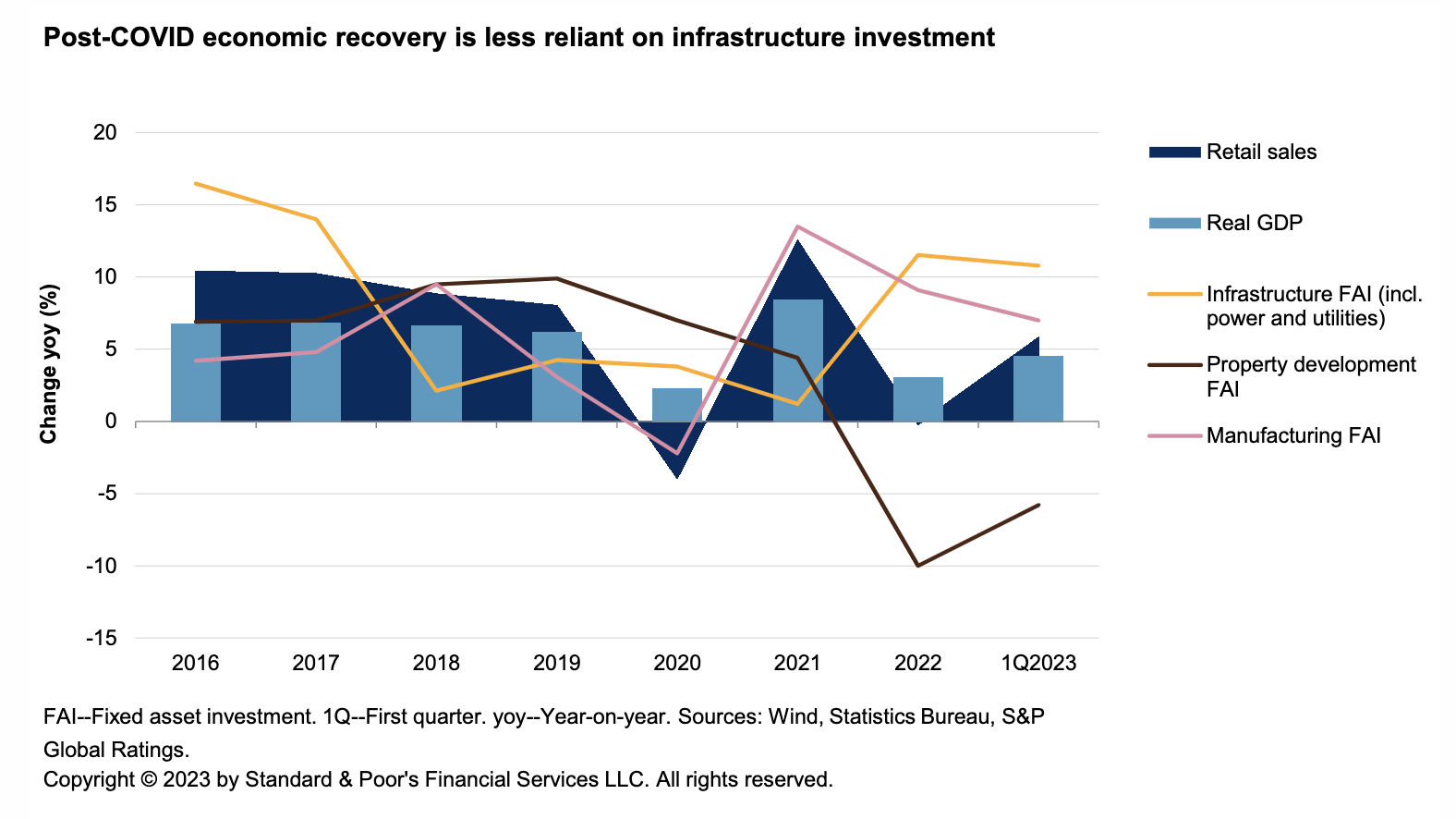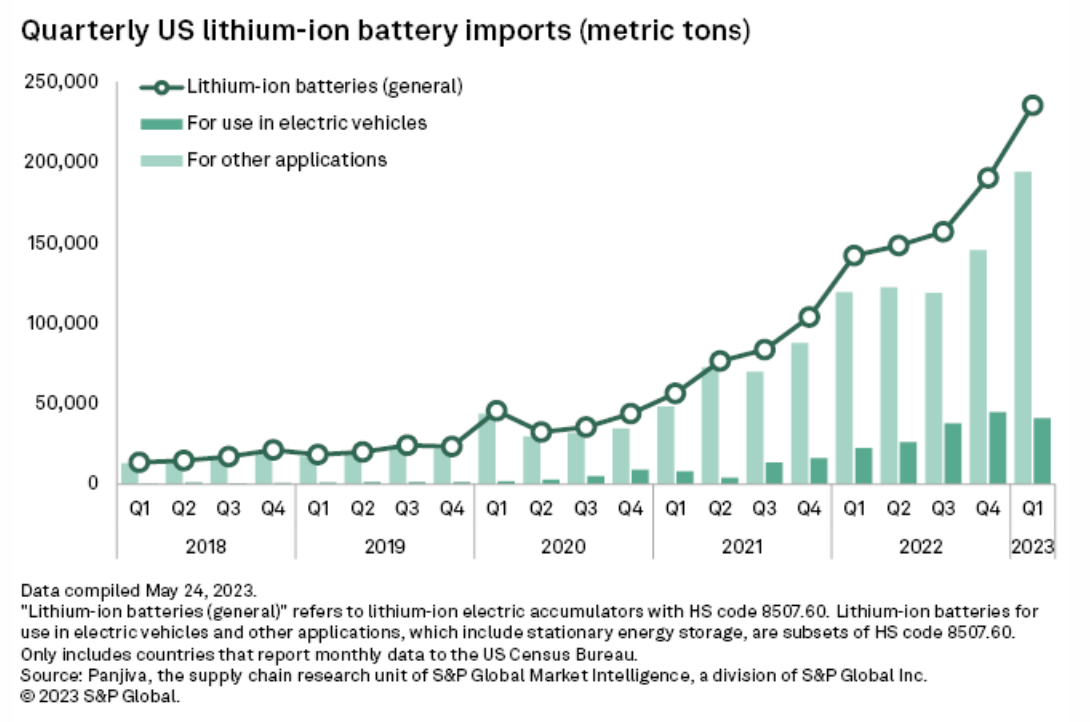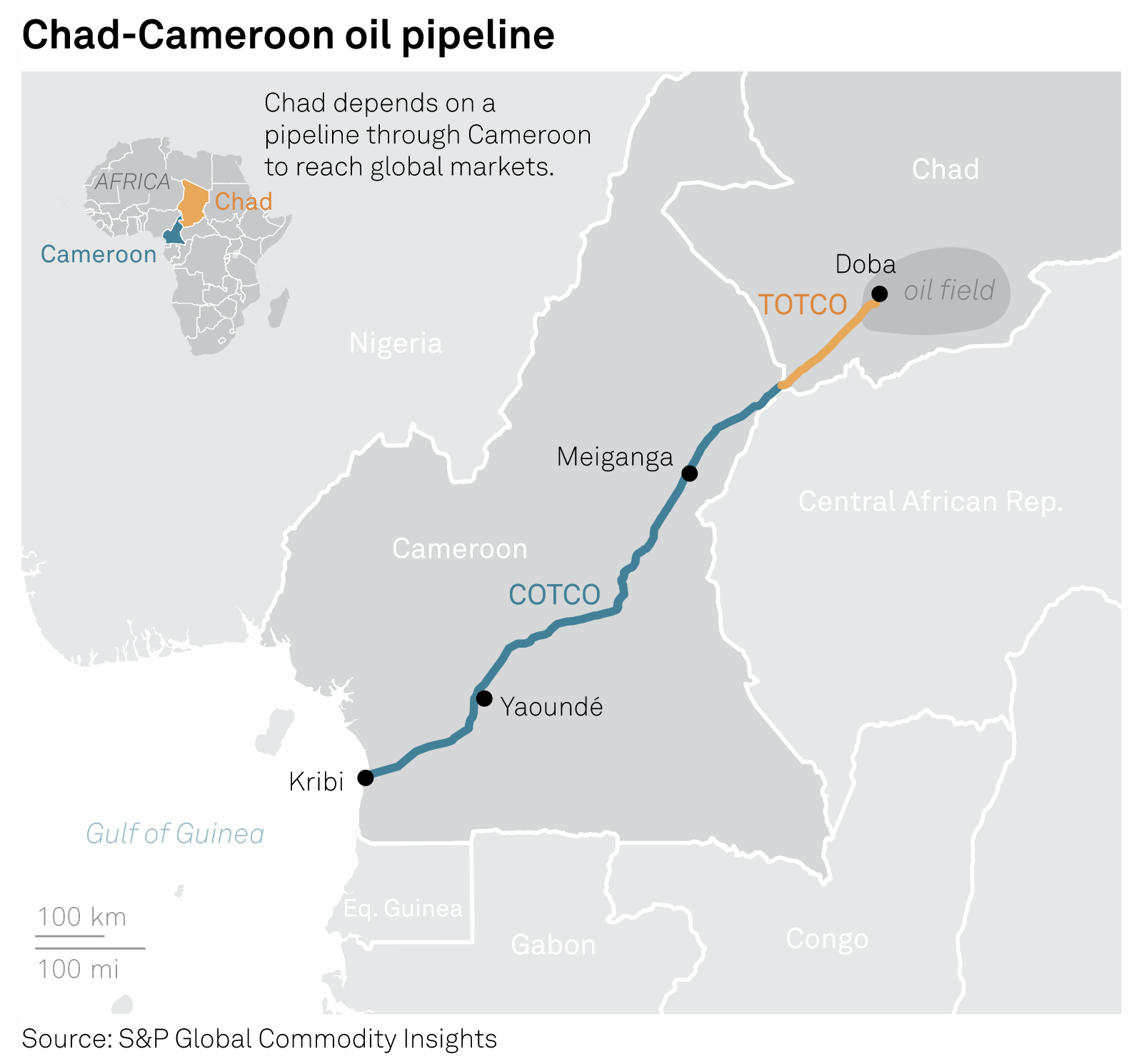Featured Topics
Featured Products
Events
S&P Global Offerings
Featured Topics
Featured Products
Events
S&P Global Offerings
Featured Topics
Featured Products
Events
S&P Global Offerings
Featured Topics
Featured Products
Events
Language
Featured Products
Ratings & Benchmarks
By Topic
Market Insights
About S&P Global
Corporate Responsibility
Culture & Engagement
Featured Products
Ratings & Benchmarks
By Topic
Market Insights
About S&P Global
Corporate Responsibility
Culture & Engagement
S&P Global — 31 May, 2023 — Global
By S&P Global
Start every business day with our analyses of the most pressing developments affecting markets today, alongside a curated selection of our latest and most important insights on the global economy.
Accounting for Nature Begins To Bloom
Nature is indispensable to the continued success — if not existence — of most companies. Yet most companies are only in the early stages of recognizing and understanding nature's contribution.
"We all value [nature]. We all love it. At the same time, when you're taking a consumer decision or a business decision, you don't think about nature. You're not including the value of nature in your decision-making," Martin Lok, executive director of the Capitals Coalition, said during a recent episode of S&P Global’s “ESG Insider” podcast. The Capitals Coalition is a group of organizations pressing for companies to identify, measure and value their impacts and dependencies on natural, social and human capital.
Among the companies in the S&P Global 1200 — an index that covers the 1,200 largest companies across North America, Europe, Asia, Australia and Latin America — 85% have a significant dependency on nature across their direct operations, according to S&P Global Sustainable1. In the S&P Global Broad Market Index, about 68% of 14,000 developed and emerging market companies have a similar dependency.
While companies and the global economy are benefiting from nature, they are also driving nature loss. In 2021, the UK government published a landmark report on the economics of biodiversity after an independent review led by economist Partha Dasgupta. It pointed out that the true value of the goods and services provided by nature was not reflected in market prices. “These pricing distortions have led us to invest relatively more in other assets, such as produced capital, and underinvest in our natural assets,” the report said.
The Taskforce on Nature-related Financial Disclosures, a global initiative to develop a framework for organizations to assess, disclose, identify and act on nature-related risks and opportunities, released in March its fourth and final beta framework for comment. The draft framework contains core metrics appertaining to organizations’ nature-related impacts, dependencies, risks and opportunities. The group plans to publish final recommendations in September.
"If corporate disclosure aligns with these core metrics and ramps up quickly, the global economy will gain the ability to take nature into account by crafting more resilient business plans, monitoring ongoing ecosystem impacts and rewarding sustainable business strategies," wrote Divya Mankikar, global head of ESG market engagement at S&P Global Sustainable1, who participated in the working group that drafted the framework.
In May, S&P Global Sustainable1 released Nature & Biodiversity Risk, a dataset that assesses nature-related impacts and dependencies across companies’ direct operations at the asset, company and portfolio levels. Covering more than 17,000 companies and more than 1.6 million assets, the dataset applies the Nature Risk Profile Methodology for analyzing companies' impacts and dependencies on nature, launched by S&P Global Sustainable1 and the UN Environment Programme in January.
Meanwhile, the Capitals Coalition has developed the Natural Capital Protocol, a decision-making framework that enables organizations to identify, measure and value their direct and indirect impacts and dependencies on natural capital.
Although governments and international organizations are heavily involved, private companies are also playing an important role in the push to recognize the economics of nature and biodiversity. During negotiations over the Kunming-Montreal Global Biodiversity Framework, one of the key messages from business representatives was the need for mandatory assessment and disclosure requirements for large and transnational companies, according to Lok.
"These businesses advocated for this because what they see is that it is doable to assess and disclose your impacts and dependencies on nature, but the majority is not doing it. Because of that, there's not a level playing field,” Lok said. “Because of that, there's not enough push to create the data that is needed to implement this in an aligned, standardized way."
Today is Wednesday, May 31, 2023, and here is today’s essential intelligence.
Written by Jasmine Castroverde.
Spending Sprees Will Subside As China Refines Infrastructure Investment

China is coming off another big infrastructure stimulus exercise, with record outlays last year to offset COVID shocks and a property downfall. On the surface, this is a familiar story, given the country has long boosted growth with debt-fueled investments in capital stock. Yet below the surface, change is afoot. S&P Global Ratings sees two key trends for infrastructure spending for the rest of this decade. The first deals with absolutes and is not too surprising. Infrastructure investments will ease alongside the economy. S&P Global Ratings expects real GDP growth to normalize at 4%-5% over the years to 2030.
—Read the report from S&P Global Ratings
Access more insights on the global economy >
Indian Banks See Margin Moderation Ahead After Strong Fiscal Q4 Profits

Indian banks may see slower net interest margin expansion after posting strong profits for the fiscal fourth quarter ended March 31, as deposit costs increase and loan yields stabilize following successive interest rate hikes. Helped by higher net interest margins (NIMs) and lower credit costs, most major Indian banks delivered year-over-year growth in net income in the fiscal fourth quarter, with some posting record-high profits. State Bank of India, the country's largest bank by assets, reported a net income of 180.94 billion rupees, up 89.5% year over year from 95.49 billion rupees, while Bank of Baroda's net income more than doubled year over year. Private lender HDFC Bank Ltd. reported a 20.6% year-over-year increase in its fiscal fourth-quarter net income.
—Read the article from S&P Global Market Intelligence
Access more insights on capital markets >
US Lithium-Ion Battery Imports Smash Record In Q1 2023

A fleet of multibillion-dollar lithium-ion battery factories are under construction across the US, leveraging lucrative manufacturing tax incentives in the Inflation Reduction Act of 2022 in a bid to domesticate an essential energy transition technology. But as that build-out continues, US imports of lithium-ion batteries are surging to ever new heights, underlining the extent to which America's rising demand for electric vehicles and electrochemical energy storage remains reliant on international trade, especially with China.
—Read the article from S&P Global Market Intelligence
Access more insights on global trade >
Listen: A Look At The Unique Decarbonization Challenges In Asia
This week’s episode of ESG Insider is bringing you coverage of a sustainability summit that S&P Global Sustainable1 hosted in Singapore on May 16. Catch up with conference speakers to learn their key takeaways and explore the challenges Asia faces on the path to net-zero, including when it comes to transitioning away from coal-fired generation. To understand how banks in Asia are tackling the transition, you’ll hear from Helge Muenkel, group chief sustainability officer at Singapore-based DBS Bank, a multinational banking and financial services corporation that operates in 19 markets.
—Listen and subscribe to ESG Insider, a podcast from S&P Global Sustainable1
Access more insights on sustainability >
Chad Hits Out At Exxon And Savannah Energy In Doba Oil Field Dispute

After having nationalized the bulk of its oil sector, emerging African producer Chad is embroiled in an increasingly bitter dispute with Western oil companies and neighboring Cameroon, on whom it relies to export its crude. In an interview with S&P Global Commodity Insights, Chad petroleum and energy minister Djerassem Le Bemadjiel accused ExxonMobil of leaving a trail of environmental destruction after it exited the country in December and challenged the legality of ExxonMobil's sale of its 40% stake in the Doba oil field to Savannah Energy.
—Read the article from S&P Global Commodity Insights
Access more insights on energy and commodities >
Central European Broadcaster Monetizes Content With A New Online Streaming Service
Over-the-top (OTT) is going global as the streaming model continues to evolve. Netflix and Hulu set the stage for the streaming revolution in the US over a decade ago, and operators around the world are now embracing the direct-to-consumer (D2C) model. Tech titans such as Amazon, Apple and Alphabet are squaring off against network owners and media giants such as Comcast, Disney, Paramount and Warner Bros. Discovery, while Roku and Samsung have also entered the fray.
—Read the article from S&P Global Market Intelligence
